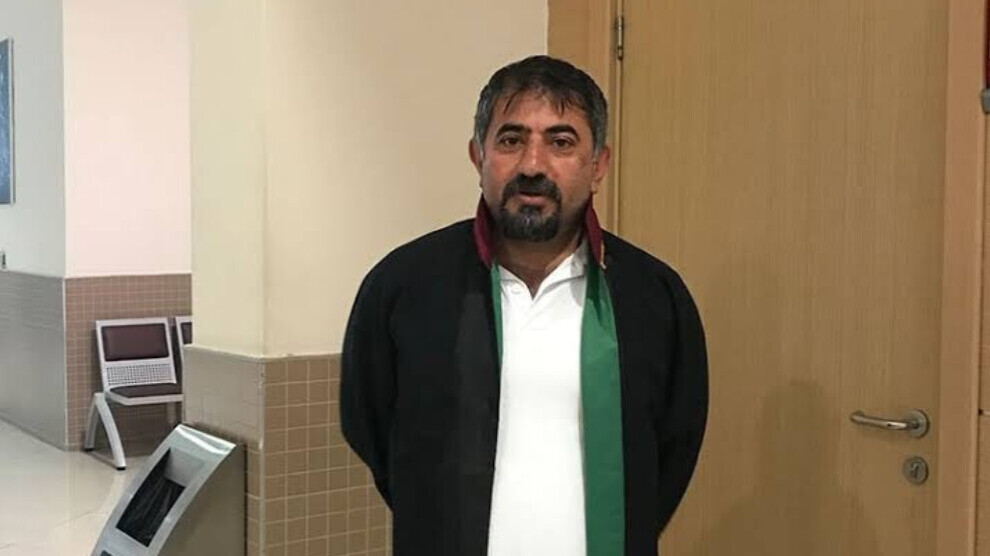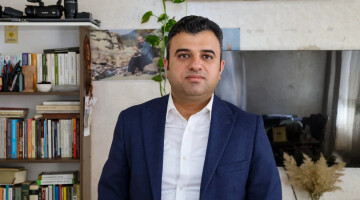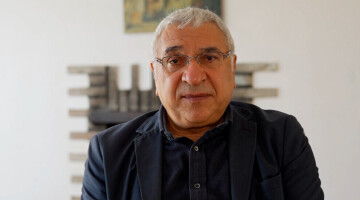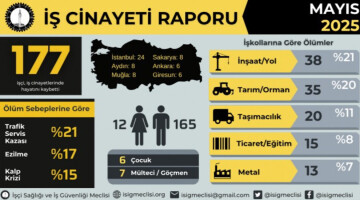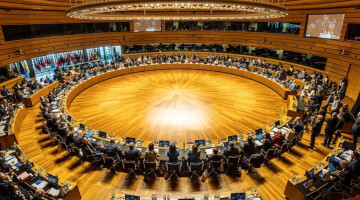Lawyer Veysi Eski, member of the Association of Lawyers for Freedom (ÖHD) Prison Commission, spoke to ANF about the ever-increasing rights violations in Turkish prisons.
Eski stated that video talk devices are planned to be placed in the prisoners' wards and they will record the daily life of the prisoners and this clearly means a violation of their privacy.
RIGHTS OF THE OPPOSITION ARE VIOLATED
Eski said that the so-called constitutional arrangements of the government have serious consequences for political prisoners: "The government does not refrain from resorting to malicious intentions in all legal regulations, including Constitutional amendments."
In prisons, Monitoring Boards have been appointed as a new judicial unit composed of non-lawyers, he noted.
VIOLATION OF PRIVACY
Eski expressed that; "Prisoners were allowed to have 30 minutes of video calls per week. Audio and video recording electronic devices can be installed arbitrarily by the administration including the most intimate areas of prisoners. Installing the devices in prisoners' wards clearly violates their privacy. They should be installed in places which are deemed to be appropriate.”
“The government seeks to make political prisoners obey all kinds of practices of prison administrations and to prevent all actions and activities of prisoners over political issues."
VIOLATIONS PUSH THE LIMITS OF PRISONERS
Thousands of prisoners are already being held in prisons thousands of kilometers away from their families in defiance of the decisions of the ECtHR and the Constitutional Court, said the lawyer and continued:
“This practice, which is defined as biopower and aims to control the body and soul of the prisoners, is clearly regulated in Article 8 of the ECtHR. It is an inhuman and degrading treatment. The democratic public, bar associations and legal institutions must stand up and fight against this regulation. Violations of rights in prisons push the limits of political prisoners’ tolerance."

